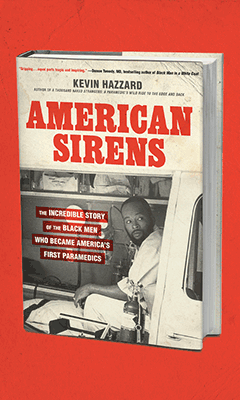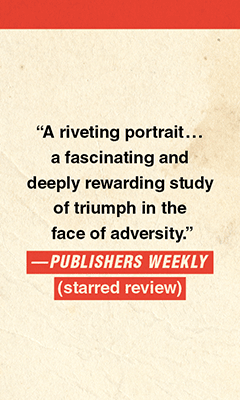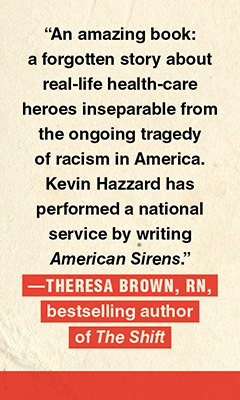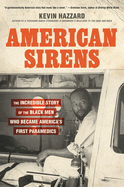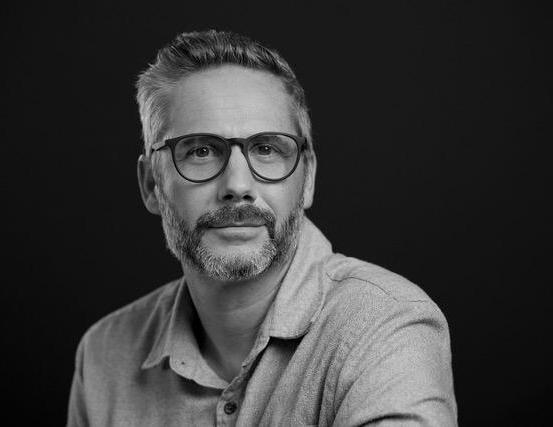American Sirens: The Incredible Story of the Black Men Who Became America's First Paramedics
by Kevin Hazzard
Kevin Hazzard shines a spotlight on a greatly underappreciated part of history through the provocative story of Freedom House in Pittsburgh and the first U.S. paramedics in American Sirens.
Prior to 1968, a call for an ambulance meant local police would show up with a wagon or some other transport vehicle, toss the injured or dying person in and speed off to a hospital, while the hapless victim rolled around untethered in the back. Whether the person died or lived was not the fault of the police: officers were blameless because they lacked any medical training whatsoever, and neither ambulances nor the concept of first aid as we know it existed at the time. Post-World War II, American ambulances were, in Hazzard's words, "staffed by attendants with all the expertise of a lifeguard at a public pool." Thankfully, along came Dr. Peter Safar. Credited as the father of CPR, Safar envisioned a group of civilian ambulance crews capable of both answering medical emergency calls and rendering preliminary medical care at the scene of an accident and while en route to a hospital. These ambulance crews would eventually become known as paramedics.
Safar lacked the financial backing for his vision, until he connected with Freedom House, founded by Jim McCoy and Phil Hallen. Freedom House's main focus was giving Black residents of The Hill, one of the poorer sections of Pittsburgh, a leg up in the world. Safar asked Hallen and McCoy to gather 44 potential students willing to sign up for a 300-hour, eight-month training course to prepare themselves for a job that technically didn't exist yet. When the pair expressed reservations, Safar waved them off, saying, "I'm trying to train people, who don't have the slightest bit of training, to be professionals... I want ordinary people." On day one, ages in the classroom ranged from 18 to 60, and 12 of the men hadn't graduated from high school. To add to the farfetched nature of the situation, Safar was a white scientist and clinician with big ideas, but lacked any semblance of credibility with the assembled students. Nevertheless, he persisted.
The course would begin with 50 hours of instruction in anatomy and physiology. "Students would then take CPR, advanced first aid, defensive driving, the fundamentals of nursing, and medical ethics and legalities.... It would be an intense program of study, what one historian has called 'exponentially more training than any non-physician civilian ambulance crew ever obtained.' " The 44 students were whittled down to 25, and the eight-month course stretched into nine. Hospital staff mistrusted the newly minted paramedics, the police argued with them, and white residents refused to be touched by uniformed Black men trying to save their lives.
Just as Freedom House's ambulance services were beginning to develop trust within the community, in 1970 a newly elected racist mayor set out to destroy everything the paramedics had accomplished. A story of hope and fierce determination turned into a tragedy as Mayor Flaherty replaced the trained paramedics with lesser trained white men who had been given textbook knowledge only and lacked in-the-field medical training. The Freedom House professionals were begrudgingly allowed to ride in the back of the vehicles and carry a medical bag, but not to touch a patient. A lot of Freedom House staff quit over the insult, while others were pushed out after failing exams that they were notified about at the last minute or not notified about at all.
Telling his story in a non-linear fashion, Hazzard lends an immediacy to the narrative by providing readers with a sudden change in perspective. For instance, he turns repeatedly to Freedom House paramedic John Moon. One day, Moon heard over his radio that police were dealing with a vagrant screaming at passersby in Pittsburgh's Market Square section: "[T]hey watched from a distance, sifting through a thousand scenarios for the one that brought this... whatever you wanted to call it, to an end the quickest. Contain and control." Moon arrived to find the cops wrestling the man--"scared, angry and disoriented, rapidly becoming unspooled in the street"--to the ground. Seeing things were about to get worse, Moon approached the man and the cops, "the way he would approach any scene. Like a drop of reason in the swirling waters of chaos." He then addressed the police, "I know him. Why don't you let me have a word?" The cops warily released their captive and the situation was diffused. Moon got within whisper distance of the man on the ground and said, " 'It's John.' A smile. 'Remember?' "
From the hopeful beginnings to the tragic consequences that befall John Moon and all the other larger-than-life characters on these pages, Hazzard serves up a history lesson of systemic racism negating logic; it's designed to enlighten, enrage and caution readers to never repeat. Someday society may learn to put aside petty prejudices, but until then, books like American Sirens exist as a not-so-gentle reminder to do so as soon as possible. --Paul Dinh-McCrillis



